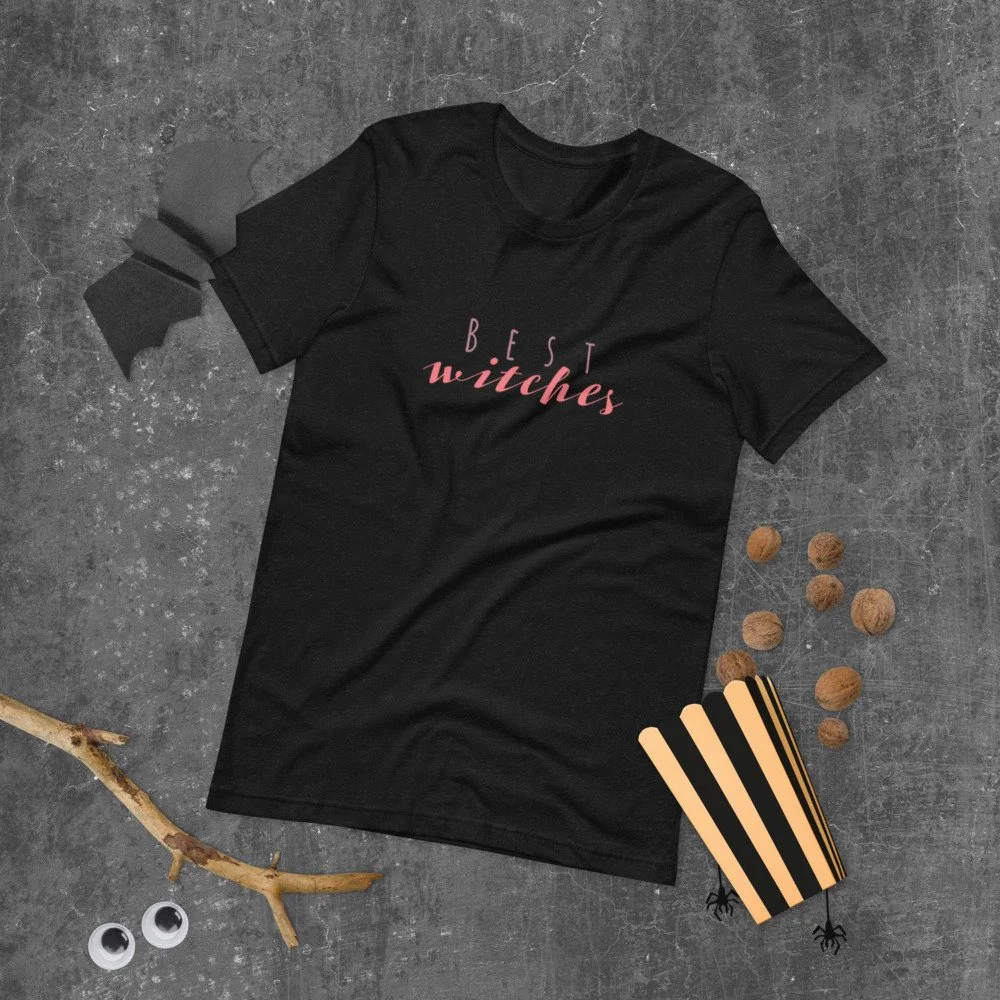CBP Offers Dia De Los Muertos Border Crossing Advice
U.S. Customs and Border Protection
TEXAS (News Release) - With the upcoming All Souls Day (Día de los Muertos) observance on the horizon, U.S. Customs and Border Protection officials are advising the traveling public that certain agricultural items used in holiday decorations are prohibited from entry to the U.S. and can carry harmful pests and disease, such as the citrus greening disease. Also, CBP would like to remind the public of prohibited fruits that are commonly transported across the border by travelers during this period.
“We want to remind border crossers that there are certain types of greenery and citrus used in the construction of remembrance altars that available in Mexico that are prohibited from entry,” said CBP El Paso Director of Field Operations Hector Mancha.. “CBP agriculture specialists inspect all floral and agricultural items to prevent the spread of disease and pests and will be watching for these items in the days ahead.”
A common type of ornamental greenery known as murraya or orange jasmine is often used in the construction of altars. Murraya is a host plant for the Asian citrus psyllid, Diaphorina citri Kuwayama, an insect that can carry citrus greening disease and is therefore prohibited from entry into the U.S.
Citrus greening, also known as “huanglongbing,” is a disease caused by a bacterium that can infect most citrus varieties and some ornamental plants (such as orange jasmine); this disease was first detected in the U.S. in 2005 in the state of Florida, Miami-Dade County. According to the U.S. Department of Agriculture (USDA), the disease has seriously affected citrus production in India, Asia, Southeast Asia, the Arabian Peninsula and Africa.
Citrus fruit that is prohibited from personal importation includes the following: oranges, grapefruit, tangerines, sour oranges and sweet limes. Other popular fruits that also are prohibited include guavas, mangoes, peaches, and pomegranates.
Failure to declare prohibited agricultural items also can result in fines. Penalties for personal importations of undeclared, prohibited agricultural items, depending on the severity of the violation, can run as high as $1,000 and up to more than $250,000 for commercial importations.
The traveling public can learn more about bringing food items to the U.S. by consulting the attached link. For more information regarding prohibited fruits, vegetables, prepared foods and other items, please consult CBP’s “Know Before You Go” guide link.
CBP also wants to remind travelers who are crossing the border to attend weekend Halloween celebrations or for October 31 trick or treating to refrain from wearing costumes that alter their appearance or obscure their identity when crossing the border. CBP’s suggests that border crossers clear the CBP inspection process before donning masks or applying costume makeup. Those in makeup or wearing costumes obscuring their appearance may be slightly delayed in their entry as CBP officers work to confirm their admissibility status.



